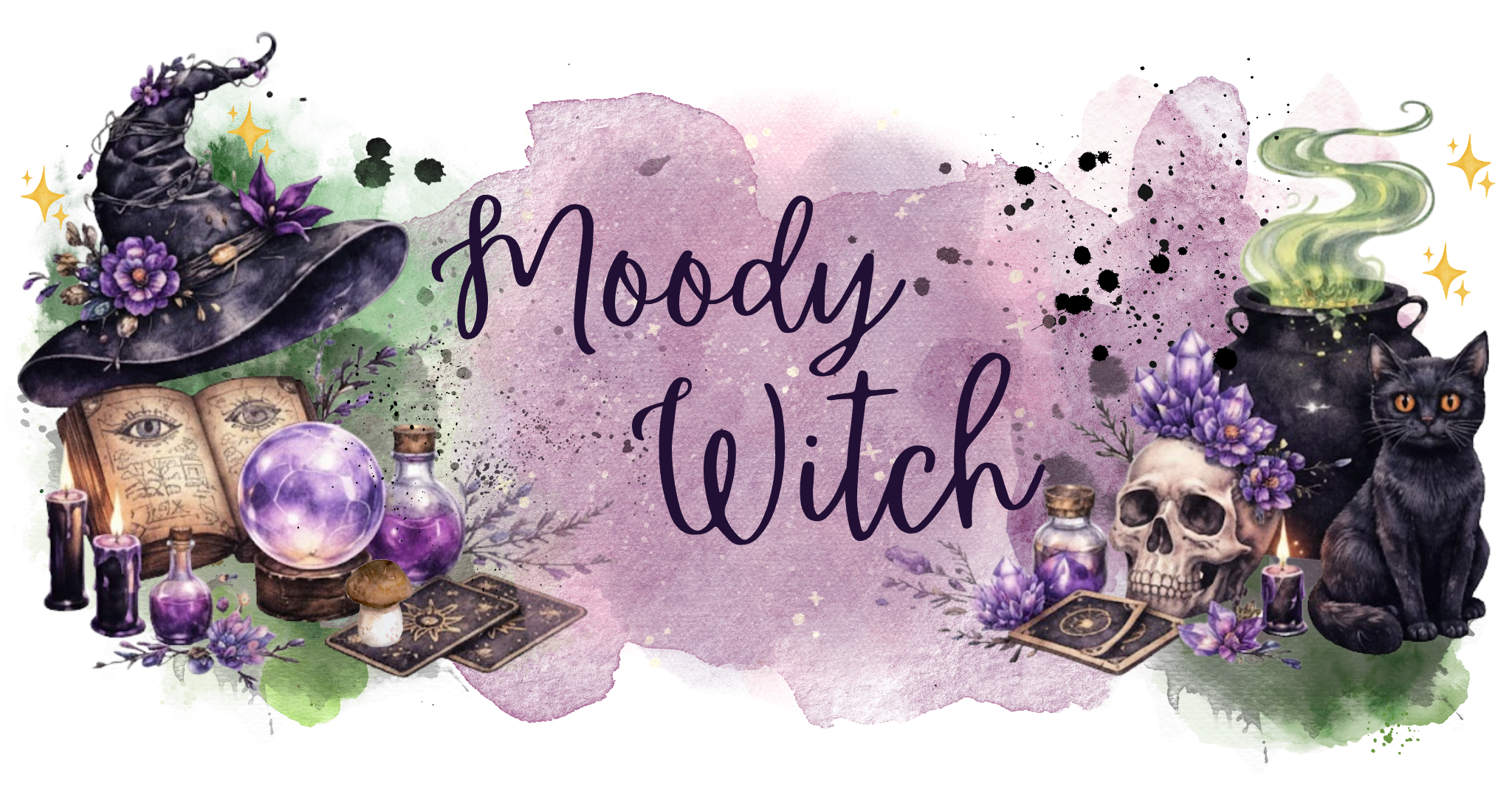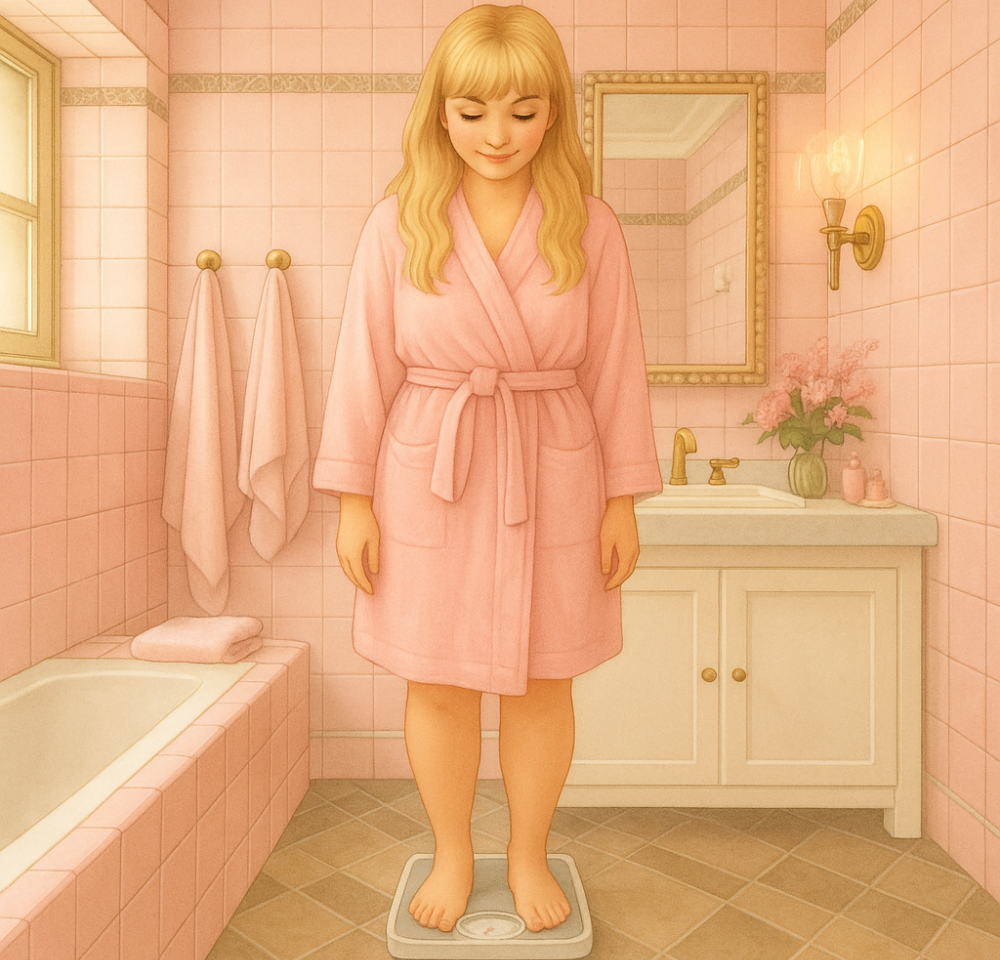Stop Using Mental Illness as an Insult

This needs to be said more often than it is.
Using mental illness as a way to insult someone is not edgy.
It’s not clever.
It’s harmful.
Every time I see someone throw around words like “psycho,” “bipolar,” or “schizo” as an insult, my chest tightens. It’s not just a passing comment; it’s a punch to the gut for every person who has lived with a mental illness and fought tooth and nail just to stay afloat.
Even when it’s not directed at us personally, the damage is done. Because it reinforces the idea that mental illness is something shameful, something to mock, something that makes a person less than.
And that kind of language? It sticks. It shapes how people see us. It feeds stigma. It isolates those who already feel alone.
Imagine this:
Would you ever call someone “so cancer” because they were being dramatic?
Would you describe someone you dislike as “diabetic” or “epileptic” as a joke?
No. You wouldn’t. Because those are serious medical conditions, and you know better.
But mental illness? Somehow, society still thinks it’s fair game.
That’s not okay.
Language matters more than you think
When you reduce someone to a label – “bipolar,” “psycho,” “nut-job” – you’re not just being mean. You’re stripping away their humanity and reducing them to a stereotype.
You stop seeing the person. You start seeing the illness.
You don’t say a person with cancer is cancer.
So why call someone bipolar as if that defines them?
This kind of language feeds the “us vs. them” mentality. It creates distance. It makes it easier for people to judge, exclude, or outright discriminate against those who live with real mental health struggles.
In English, and many languages like my native Portuguese, the list of slurs tied to mental health is long and painful:
Crazy, lunatic, psycho, nut-job, loony, whacko, cuckoo, freak, mad house, loony bin… and the list goes on.
None of these are harmless. They come with decades of abuse, trauma, and shame tied to institutions, mistreatment, isolation, and silence.
The real damage
Throwing around mental illness as an insult doesn’t just offend. It hurts.
It keeps people quiet.
It fuels shame.
It stops people from asking for help because they don’t want to be labeled.
They don’t want to be seen as weak, dangerous, or unstable.
So they stay silent. And they suffer alone.
And for what? So someone can win an argument or sound edgy in a tweet?
Using mental illness as an insult doesn’t make your point stronger. It weakens your argument. It doesn’t explain why you disagree with someone; it just tells the world you’ve run out of real things to say.
Let’s be better
You don’t need to use illness, mental or physical, as a weapon. You don’t need to mock people’s struggles to make a point. You’re smarter than that. You’re better than that.
Mental illness is not a punchline. It’s not a weakness. It’s not a character flaw.
It’s a real medical condition. And millions of people are living with it every single day, doing the best they can.
So please, stop using Mental Illness as an Insult.
Because your words matter.
Because people are listening.
And because someone you love might be silently struggling, afraid to speak, wondering if they’ll be treated like a joke too.








